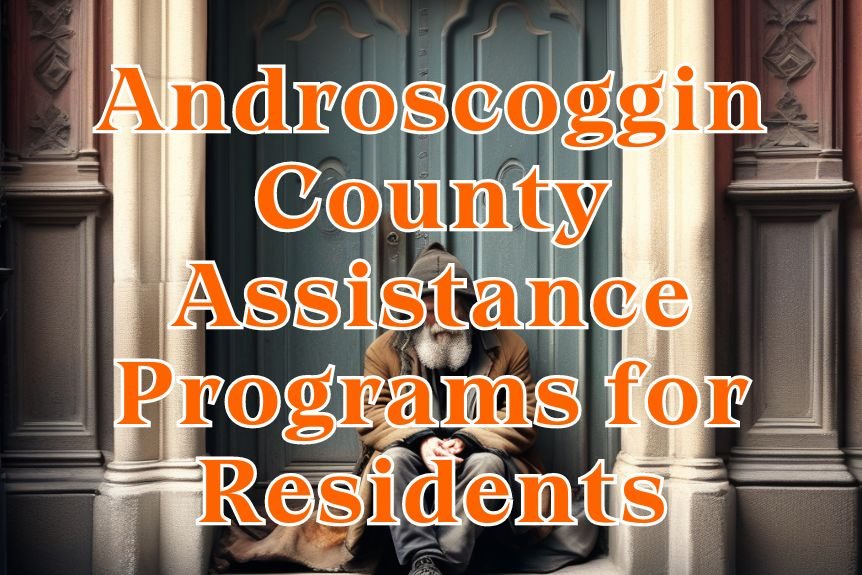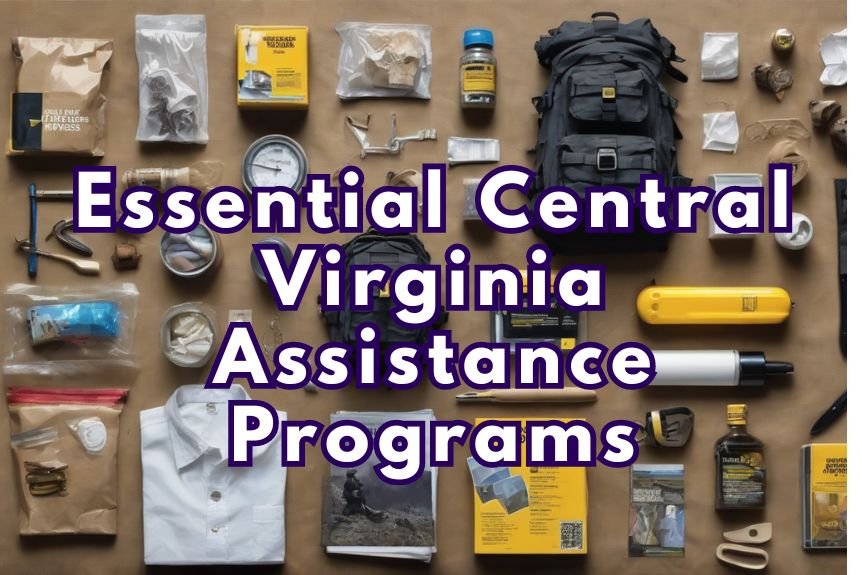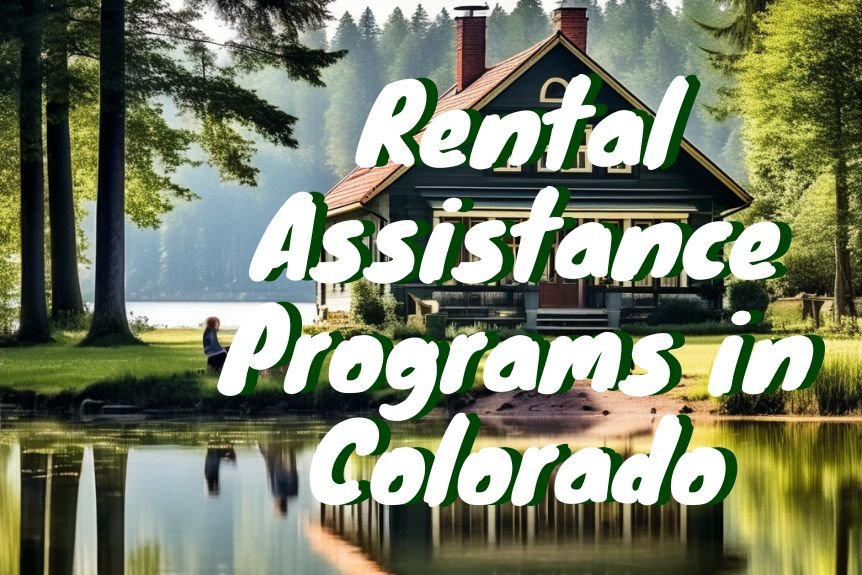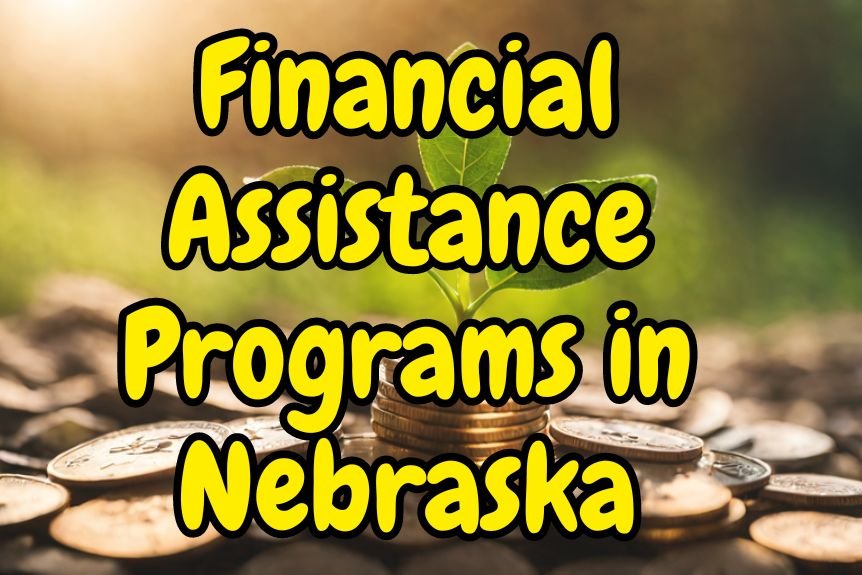As a writer focusing on the topic of supporting stroke survivors in finding financial assistance and housing, it’s crucial to acknowledge that approximately 7 million people in the United States are stroke survivors.
Navigating the complexities of recovery post-stroke can be overwhelming, especially when financial concerns and housing stability are added to the mix. By exploring various avenues of aid and resources, stroke survivors can find the support they need to ease these burdens.
Let’s explore some effective strategies that can significantly improve the quality of life for stroke survivors seeking financial assistance and stable housing options.
Government Programs for Financial Aid

If you’re a stroke survivor in need of financial assistance, government programs can provide support through various avenues. Dealing with medical expenses after a stroke can be overwhelming, but there are options to help alleviate the financial burden. Health insurance is a critical component for covering medical costs, and programs like Medicaid and Medicare offer free or low-cost medical care specifically for stroke survivors. Social Security Disability Income (SSDI) and Supplemental Security Income (SSI) benefits are also available to provide financial assistance to those who qualify.
Navigating the complexities of health insurance and understanding what expenses are covered can be challenging, but government programs are in place to assist stroke survivors in accessing the care they need. Whether it’s coverage for rehabilitation services, prescription medications, or doctor’s visits, these programs aim to lighten the financial load so that stroke survivors can focus on their recovery. Remember, you aren’t alone in this journey, and there are resources available to support you through these difficult times.
Non-Profit Organizations Offering Support
Non-Profit organizations dedicated to supporting stroke survivors offer a range of valuable resources and assistance to aid in the recovery journey. These organizations provide essential assistance for stroke survivors, including financial help, support groups, and various programs designed to enhance their quality of life. Here is a table highlighting some key non-profit organizations that offer support to stroke survivors:
| Organization | Services Provided | Contact Information |
|---|---|---|
| Stroke Recovery Foundation | Support and resources for stroke survivors | www.strokerecovery.org |
| Area Agency on Aging Centers | Tailored assistance and services for stroke survivors | www.agingcare.com |
| Christopher & Dana Reeve Foundation | Grants and programs supporting stroke survivors | www.christopherreeve.org |
These organizations play a crucial role in assisting stroke survivors in their recovery journey, offering a helping hand when it is needed most. Whether it’s financial aid, emotional support, or practical services, these non-profits are dedicated to improving the lives of those affected by strokes.
Housing Assistance Programs Available

Navigating housing assistance programs can provide vital support for stroke survivors seeking affordable housing options and financial aid for housing expenses. For stroke survivors in need of housing assistance, programs offered by the Department of Housing and Urban Development (HUD) such as Section 8 vouchers and Section 811 can be valuable resources. Additionally, social security disability benefits can offer financial assistance specifically for housing expenses, helping to alleviate financial burdens.
Federal programs like Medicaid and the Program of All-Inclusive Care for the Elderly (PACE) can also play a significant role in supporting stroke survivors with housing needs by covering in-home care costs. These programs not only help with medical expenses but can also provide crucial aid for maintaining housing stability. Seeking support from Agency on Aging Centers can further assist stroke survivors in navigating housing options and accessing resources tailored to their needs.
Exploring these housing assistance programs, financial aid opportunities, and social security disability benefits can offer stroke survivors the necessary support to secure affordable housing and maintain their independence.
Community Resources for Stroke Survivors
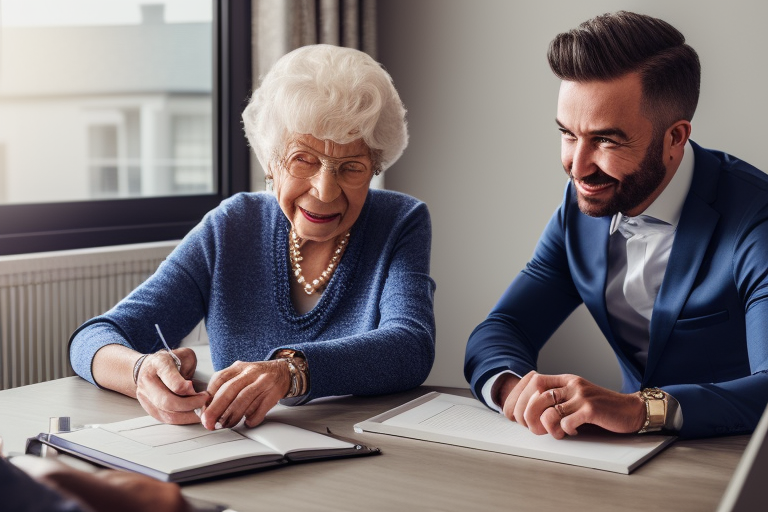
When searching for community resources for stroke survivors, it’s important to consider supportive programs and local stroke support groups.
These resources offer valuable assistance and a sense of belonging for individuals navigating life after a stroke.
Connecting with these community programs can provide emotional support and practical guidance during the recovery journey.
Supportive Community Programs
Community programs such as local stroke support groups play a vital role in providing emotional and practical assistance to stroke survivors. These programs offer a supportive community where individuals can share experiences, gain valuable insights, and access resources for financial aid and housing needs.
Non-profit organizations are also instrumental in providing financial assistance and connecting stroke survivors with relevant resources for their housing requirements. Additionally, Area Agency on Aging centers and Independent Living Centers play a crucial role in offering information, support, and guidance on housing options and assistance programs tailored to the specific needs of stroke survivors.
Local Stroke Support Groups
Local stroke support groups serve as invaluable community resources for stroke survivors, offering tailored emotional support, information, and resources to aid in their recovery journey. Connecting with others who have experienced similar challenges can provide a sense of belonging and understanding. These groups often collaborate with healthcare professionals to enhance the quality of care available. Regular meetings, educational events, and social gatherings are organized to promote well-being and recovery. By engaging with local stroke support groups, individuals can feel less isolated and more empowered in their stroke recovery journey. Here is a table to showcase the benefits of joining a local stroke support group:
| Benefits of Local Stroke Support Groups |
|---|
| Emotional Support |
| Tailored Information |
| Community Resources |
Financial Counseling Services
If you’re looking for ways to manage your post-stroke expenses, financial counseling services can provide valuable support. These services offer guidance on creating budgets, prioritizing expenses, and exploring financial assistance programs.
With the help of counselors, you can gain insights into budgeting assistance options and debt management strategies to navigate your financial journey effectively.
Budgeting Assistance Options
Financial counseling services offer personalized assistance to stroke survivors in creating detailed budget plans to effectively manage expenses. These services are invaluable in helping stroke survivors navigate the financial challenges that can arise, especially with medical bills.
By working with financial counselors, stroke survivors can gain insights on reducing unnecessary costs and making the most of available resources. Budgeting assistance empowers survivors to prioritize essential expenses like medical bills and housing, ensuring financial stability.
The guidance provided by financial counseling services can make a significant difference in the lives of stroke survivors, offering not only practical support but also peace of mind. Accessing these services is a proactive step towards achieving financial security and independence.
Debt Management Strategies
When navigating the challenges of managing debts after a stroke, personalized debt management strategies offered by financial counseling services can provide crucial support and guidance. Financial counselors work closely with stroke survivors to develop tailored plans that address their specific financial needs and goals.
Here are four key strategies they may employ:
- Budget Analysis: Conducting a thorough review of income and expenses to identify areas for potential savings.
- Debt Consolidation: Exploring options to combine multiple debts into a single payment for easier management.
- Negotiating with Creditors: Working with creditors to renegotiate payment terms or settle debts for reduced amounts.
- Financial Education: Providing resources and tools to enhance financial literacy and empower better decision-making.
Grants and Scholarships for Stroke Survivors

Exploring available grants and scholarships can provide valuable financial assistance to stroke survivors, helping to cover essential expenses and support their recovery journey. There are specific grants tailored for stroke survivors to assist with medical expenses, rehabilitation costs, and other related needs.
Additionally, scholarships offered by various organizations can support stroke survivors in pursuing educational opportunities or skill development programs. Foundations and charities also extend a helping hand by providing financial aid through grants for housing, transportation, and other essential needs.
These resources aim to alleviate the financial burden on stroke survivors and their families during the recovery process. By delving into grant and scholarship opportunities, stroke survivors may discover additional support to enhance their quality of life and promote their recovery.
These avenues not only offer financial assistance but also contribute to the overall well-being and progress of stroke survivors in their journey towards healing and independence.
Transitional Housing Options
During a stroke survivor’s recovery journey, transitional housing programs offer vital support by providing temporary accommodation in a stable living environment. These programs play a crucial role in assisting stroke survivors as they transition from medical facilities back into independent living.
Here are four key aspects of transitional housing options for stroke victims:
- Structured Support: Transitional housing programs offer a structured environment that includes access to medical care, therapy services, and support staff dedicated to aiding in the recovery process.
- Personalized Care Plans: Stroke survivors in these programs receive personalized care plans tailored to their specific needs, ensuring a focused approach to their rehabilitation and transition to long-term housing solutions.
- Bridge to Independence: The primary goal of transitional housing is to bridge the gap between hospital discharge and finding permanent housing arrangements, providing a stable platform for stroke survivors to regain independence.
- Government Assistance: Many transitional housing options for individuals with disabilities, including stroke victims, are supported by government programs that aim to ensure access to essential services and resources during the recovery period.
Conclusion
As a stroke survivor, navigating financial challenges and finding suitable housing can be overwhelming. However, there are numerous resources available to provide assistance and support.
From government programs like Medicaid to non-profit organizations offering grants and services, there are options to help you on your recovery journey.
Remember, you aren’t alone in this journey, and there are people and programs ready to support you every step of the way. Stay strong and reach out for help when you need it.


